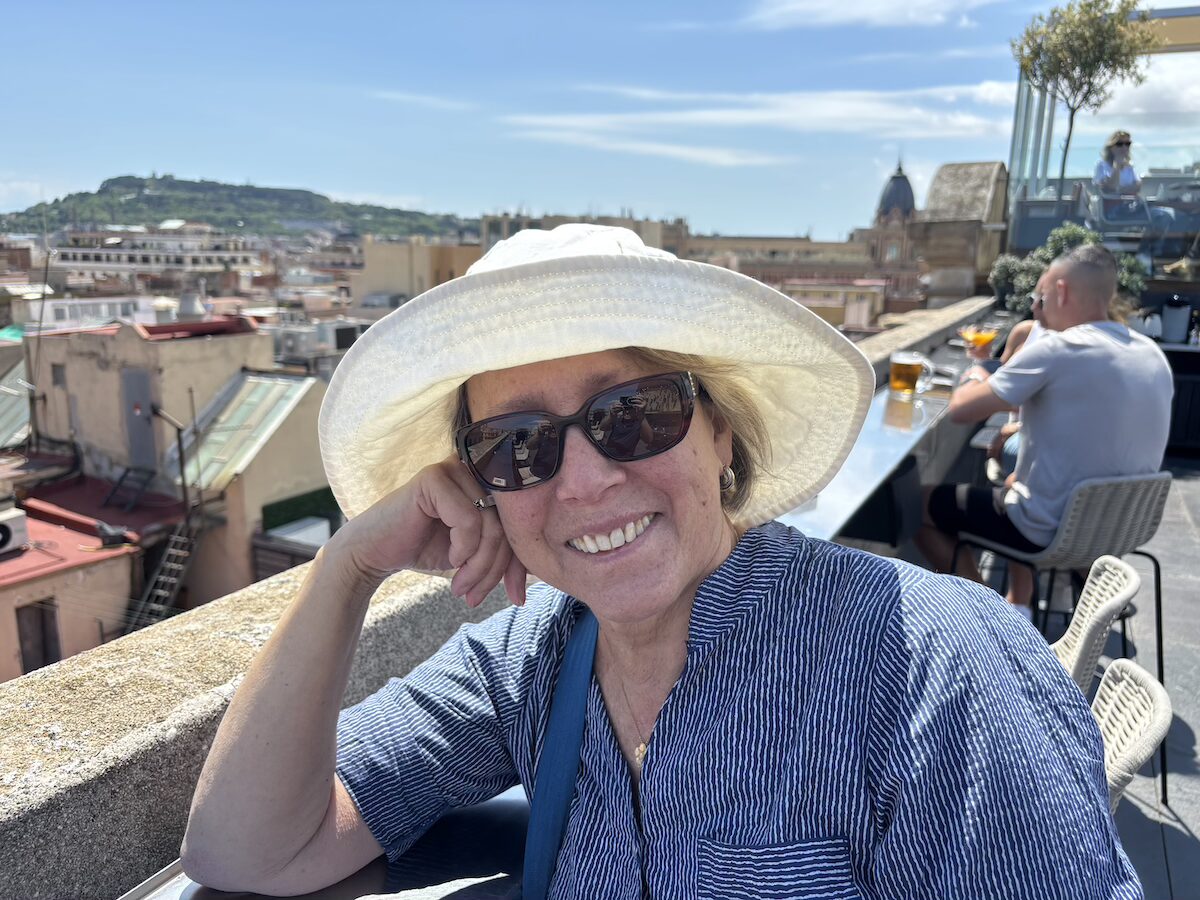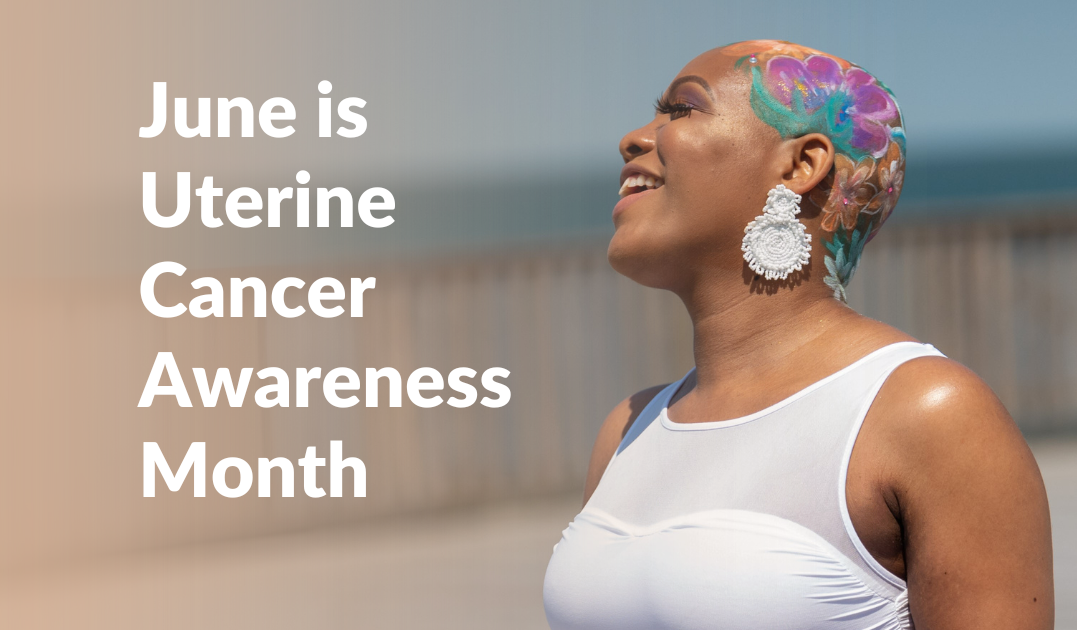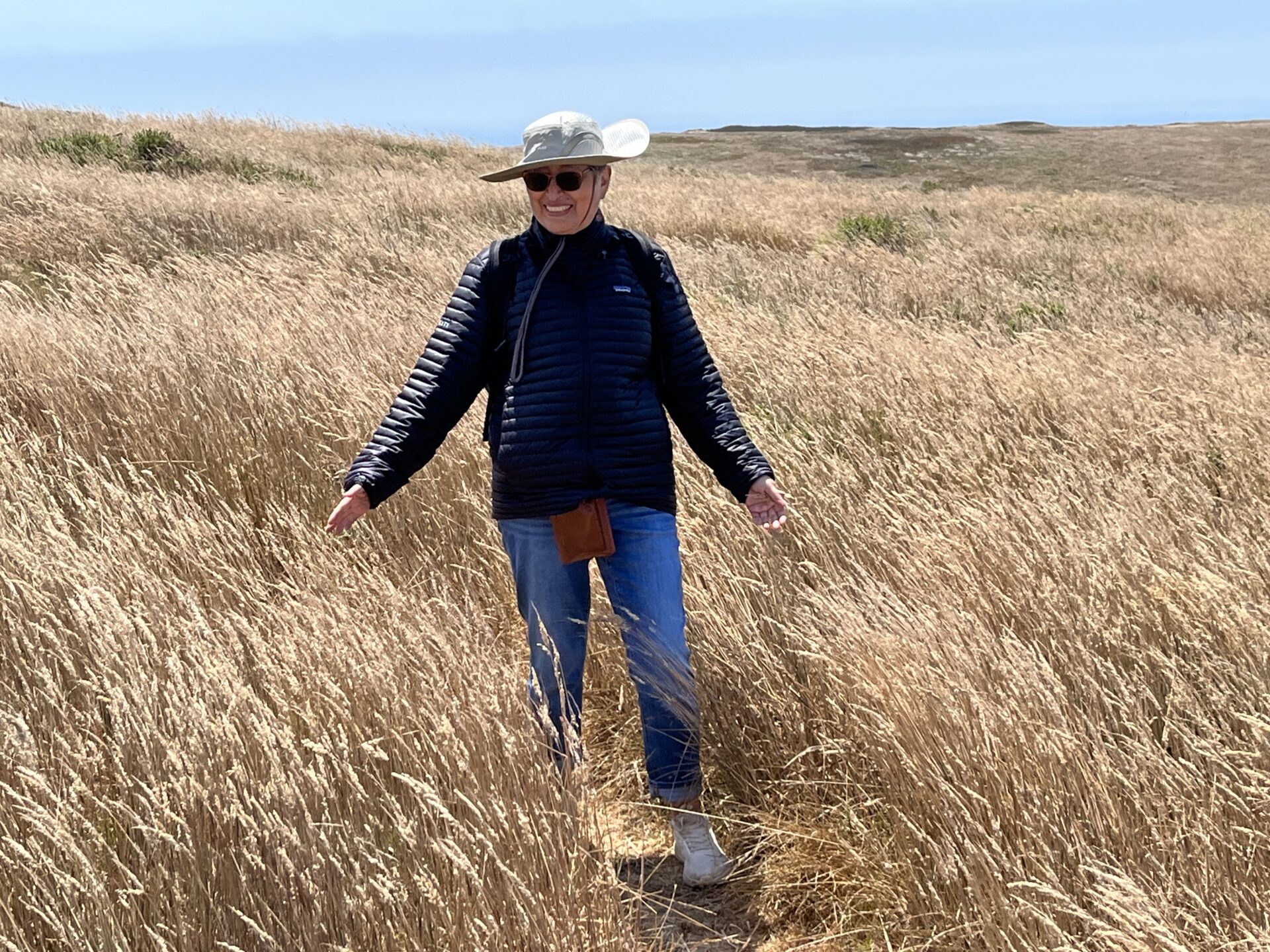SHARE got its start in 1976 when Dr. Eugene Thiessen, an oncologist and surgeon, invited survivors to meet informally at the Manhattan breast cancer clinic he founded. “At the time, people were not comfortable uttering the words ‘breast’ and ‘cancer’ out loud. The notion of peer support was truly innovative,” says Jacqueline Reinhard, SHARE’s executive director and a breast cancer survivor.
From that lone support group, SHARE has blossomed into a network of volunteers, all ovarian or breast cancer survivors, who answer toll-free helplines seven days a week, facilitate support groups for survivors and caregivers, host educational programs and webinars, fuel advocacy efforts and raise awareness about symptoms and the importance of making informed medical decisions. All of SHARE’s services are offered free of charge.
Ovarian cancer became an official part of SHARE’s mission in the 1990s. Joan Derwin, a first grade teacher diagnosed in 1990, struggled to find a support group dedicated to ovarian cancer. A friend suggested she call SHARE, and the organization offered to contact her if they could find an ovarian survivor willing to train as a facilitator. About a year later, SHARE’s first ovarian cancer support group met in the halls of SHARE’s small midtown offices: “Until I walked in to this little group, I thought I am the only one [who has this disease] who is alive,” recalls Joan. “We saw each other and burst into tears. There was nothing out there. SHARE was the only group that actually put something together. It was like meeting your long lost relative for the first time.” Betty Reiser, now a 42-year survivor of ovarian cancer, became the nonprofit’s first ovarian program director in 1994. The fledgling program was funded by Bess Myerson, an ovarian cancer survivor who won the Miss America crown in 1945 and later served as New York City’s cultural affairs commissioner.
A few years later SHARE was one of five organizations that helped create the Ovarian Cancer National Alliance. That relationship continues today through the Alliance’s Partner Member program. Andrea Herzberg, an ovarian cancer survivor who coordinates SHARE’s ovarian helpline, values the opportunities to connect with other ovarian cancer groups, especially at the Alliance’s Annual Conference. “The camaraderie creates a terrific esprit de corps,” she says.
Another area of focus at SHARE—and one for which the organization partners with the Alliance—is advocacy. SHARE will be part of the Alliance’s second Advocate Conversation, a meeting of researchers, oncologists, regulatory experts, advocates and industry representatives to discuss issues that affect the ovarian cancer community. “These are important discussions that help us read each other’s temperatures and adjust our thinking on critical issues,” says Andrea. SHARE also participates in the Alliance’s annual advocacy day: “The survivors get fired up to see women in teal all over Capitol Hill.”
SHARE now has ovarian cancer support groups in Manhattan and Queens, as well as three regional coordinators (all ovarian cancer survivors), based throughout upstate New York. The ovarian helpline has also grown: “From a single ovarian survivor calling women back on weekends, we now have more than two dozen smart, funny, diligent and generous volunteers who cover helpline shifts or provide peer support to women or caregivers asking for someone with specific circumstances or experience,” says Andrea: “Our motto is ‘Talk to Someone Who’s Been There.’ And we all have.”
To learn more about SHARE, visit http://www.sharecancersupport.org


